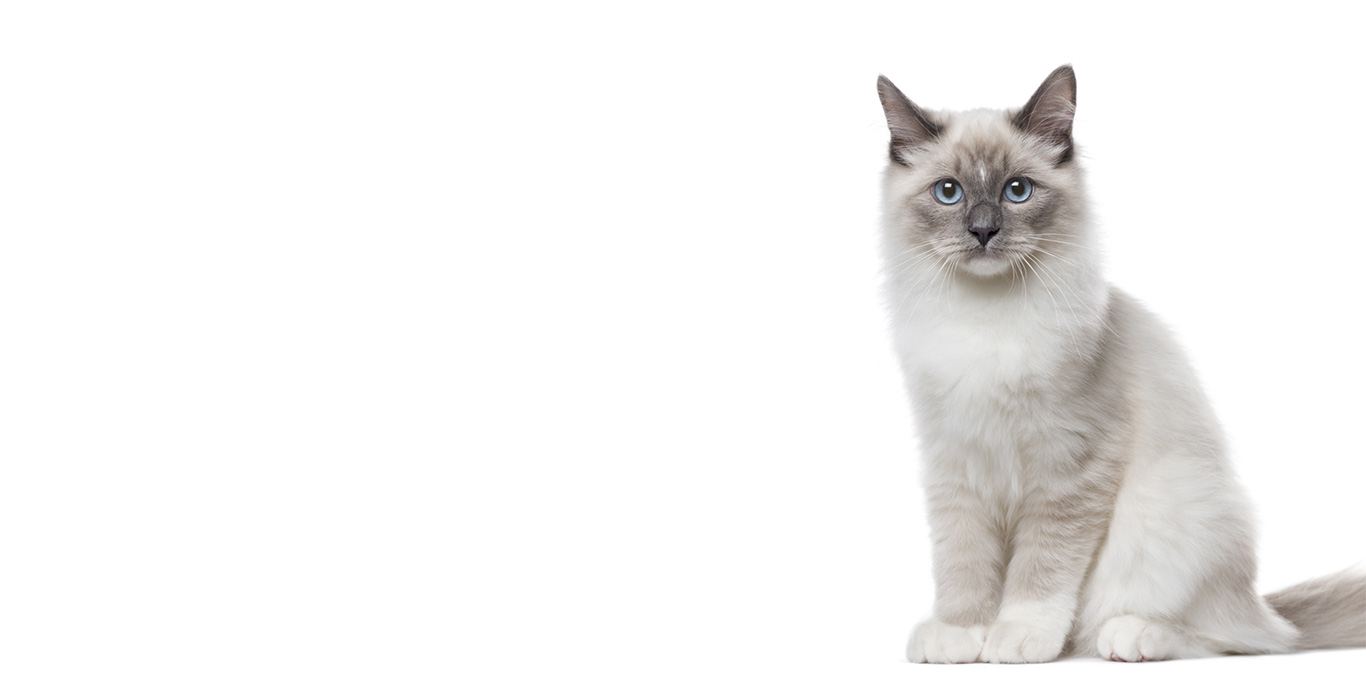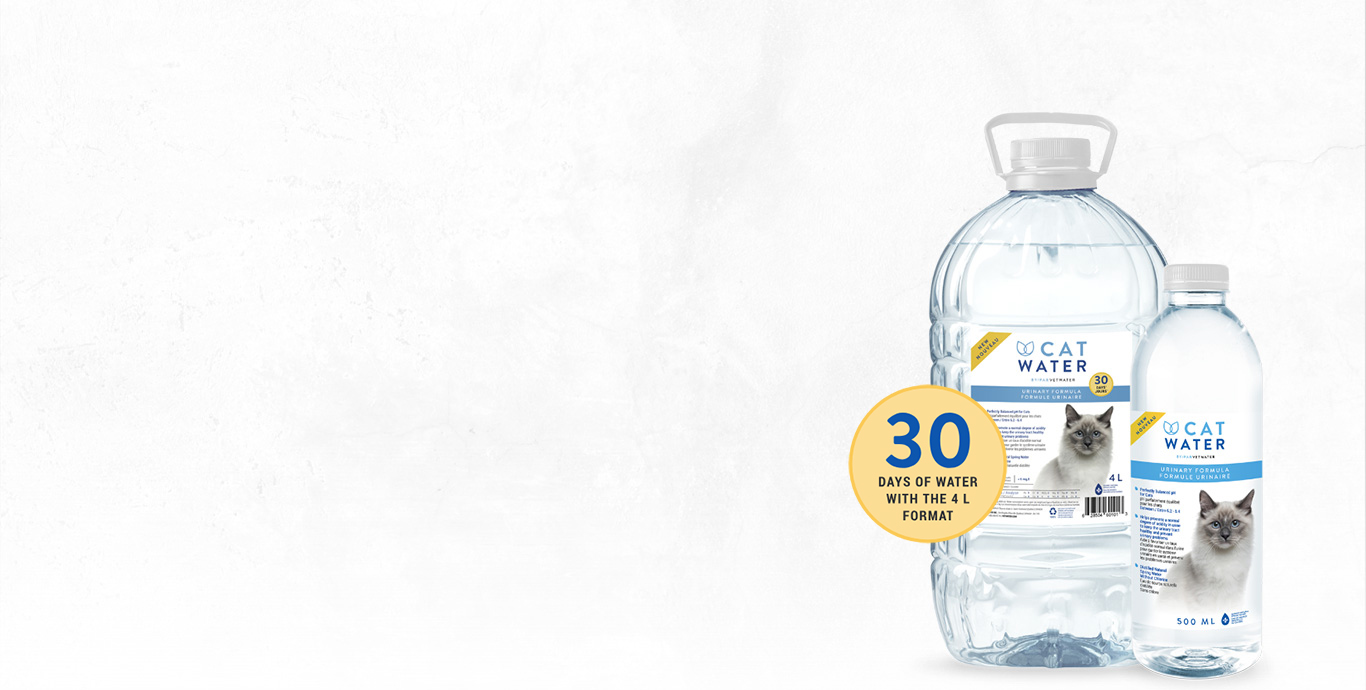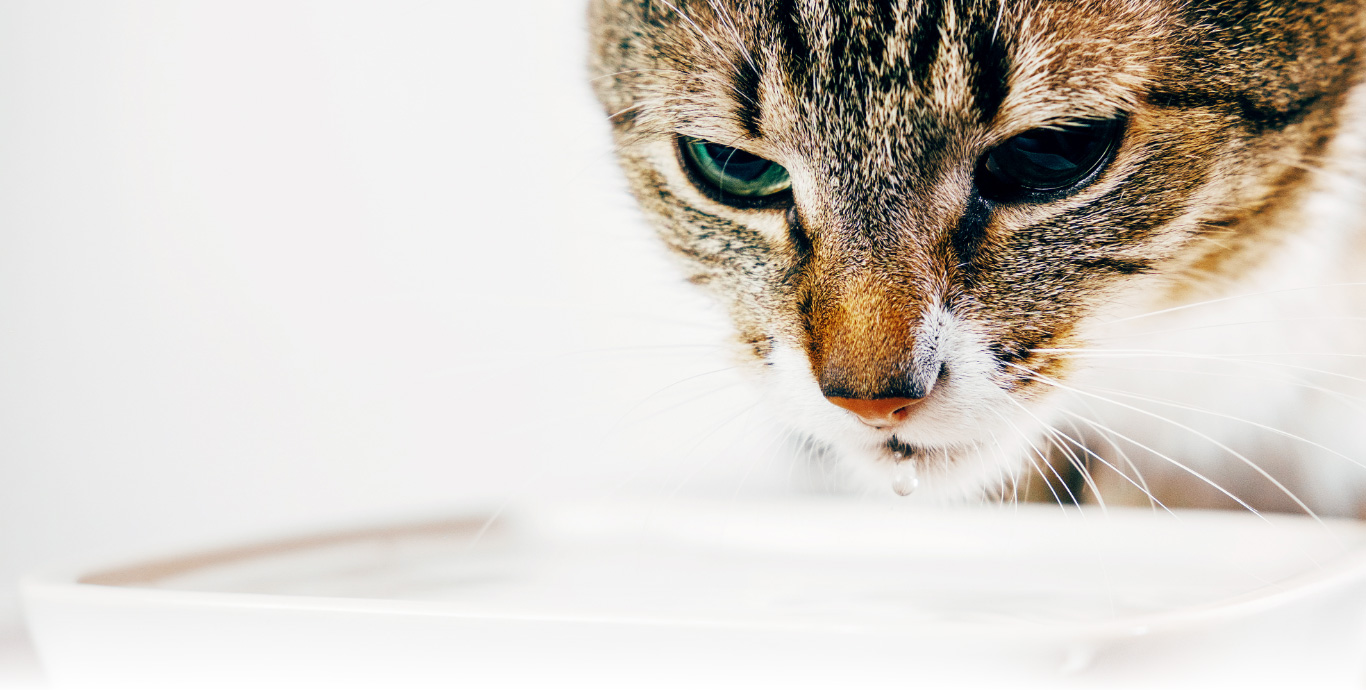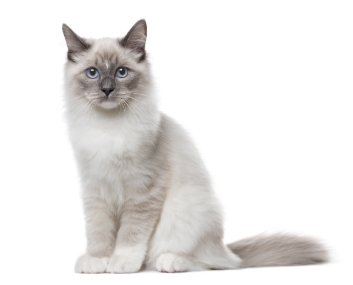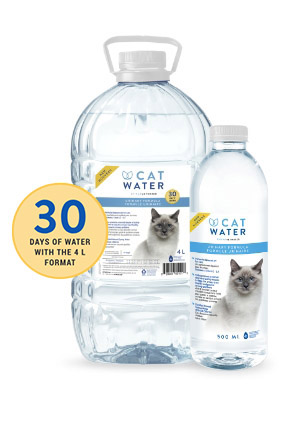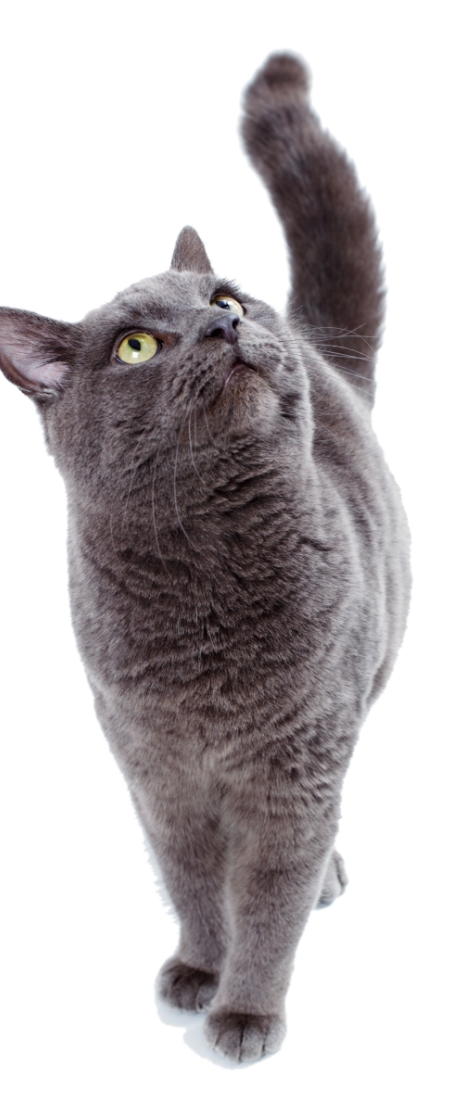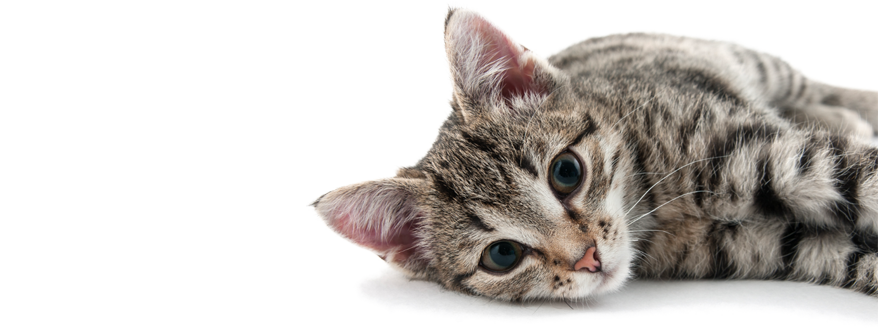THE BENEFITS OF CATWATER
Using a unique process, VETWATER has developed
CATWATER – Urinary Formula to help prevent
urinary problems in cats.
Its formulation is based on a preventative approach,
as recommended by research in veterinary medicine,
which relies on 3 pillars of intervention:

Helps increase water
consumption in cats
CATWATER is ozonated and chlorine-free with a light rate of acidity which encourages cats to drink more

Helps promote an ideal urinary pH
CATWATER has a perfectly balanced pH between 6.2 and 6.4 that suits cats need

Helps minimise the presence of
the minerals responsible for causing
crystals and stones in the bladder
CATWATER contains no minerals associated to urinary problems
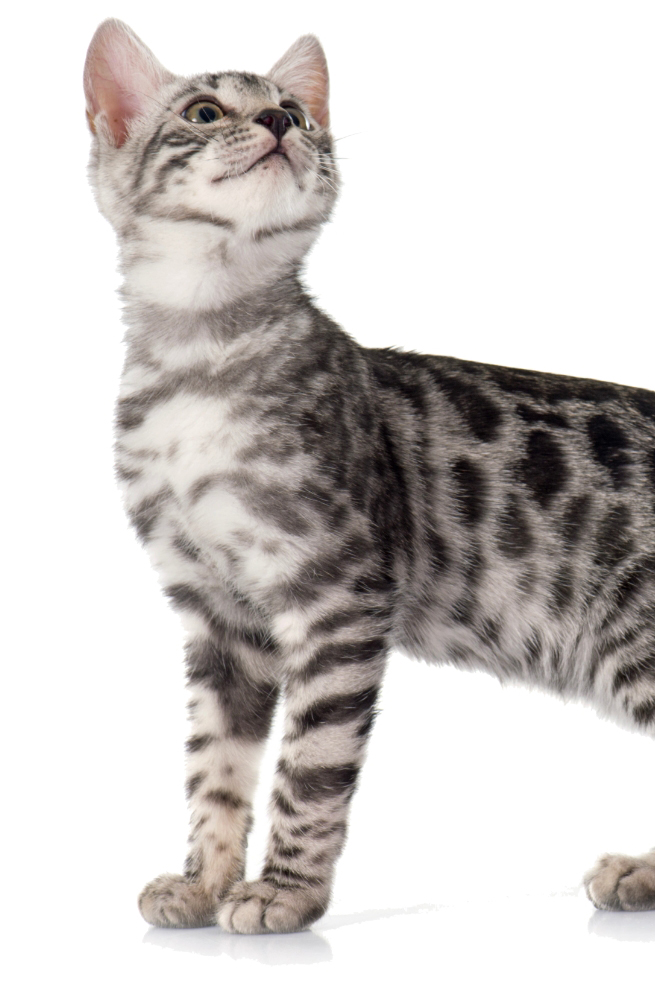
THE CAUSES OF
URINARY PROBLEMS
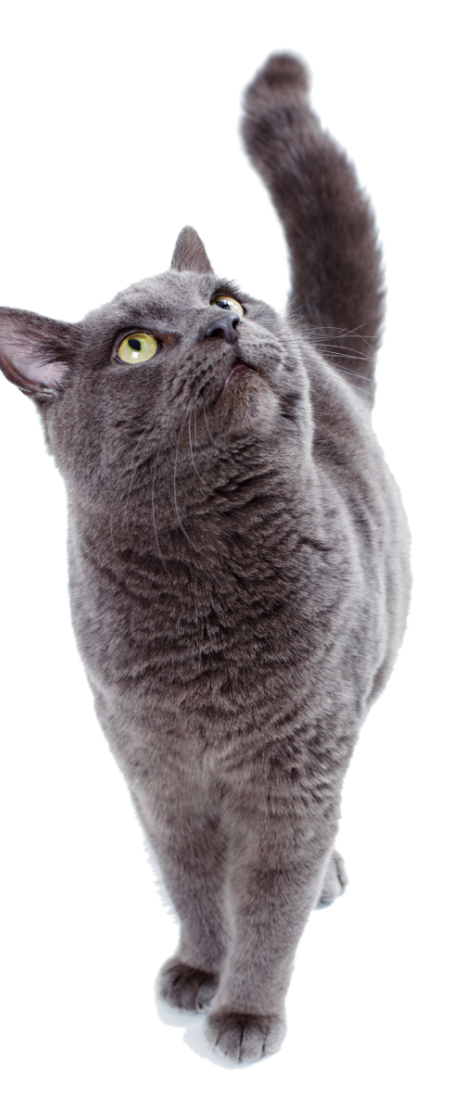

Cats produce a high concentred urine. This high concentration leads to the accumulation of a variety of minerals in the urine

When the urinary pH level is abnormal, these minerals can lead to the formation of crystals

Combined with the inflammation in the bladder, these conditions cause pain, discomfort, and the risk of urinary obstruction
This IS WHY IT IS IMPORTANT THAT YOUR CAT DRINK MORE WATER, pH BALANCED
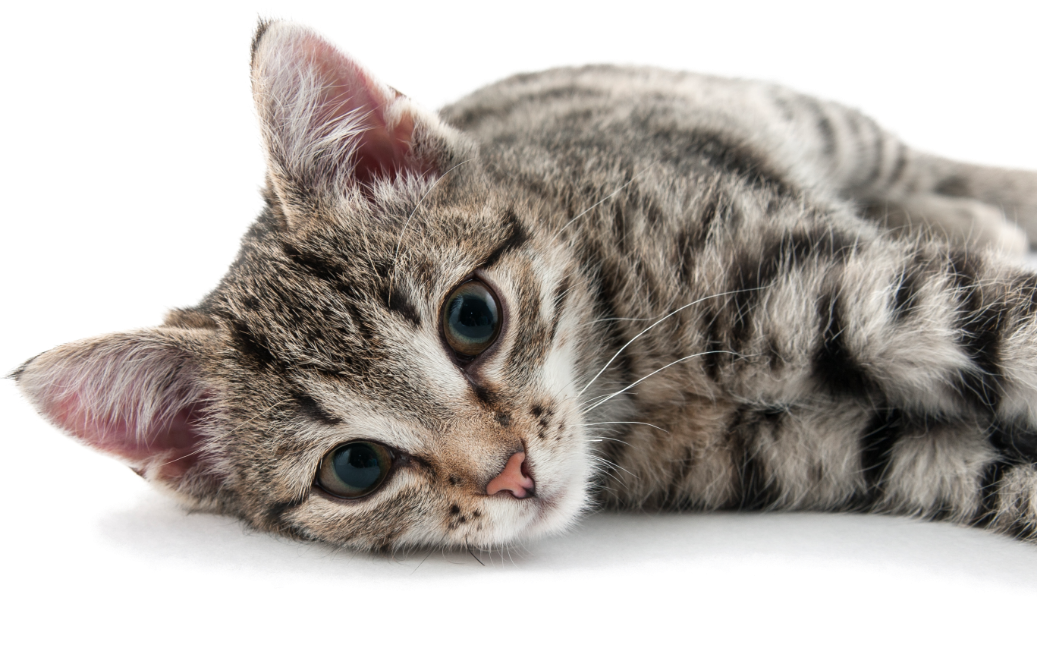
Available in specialised pet stores and through your veterinarian.

VETERINARY ADVICE
How much water
should I give my cat?
consumer Guide
Your cat should
have access to
clean water
and fresh
at any time
The suggested amount of water
minimum to give
per day to a cat:
+/- 50ml of water
per kilo*
Cat’s weight
Suggested amount of water given daily
Duration of a 4L bottle of CATWATER
1 kg | 2 lbs
1.8 kg | 4 lbs
3 kg | 7 lbs
4 kg | 8.8 lbs
50 ml
90 ml
150 ml
225 ml
80 days
44 days
27 days
18 days
*The recommended amount for daily water consumption in cats varies between 44-55ml depending on the size and weight of the cat, the type of food eaten (whether dry or wet), and the time of year.
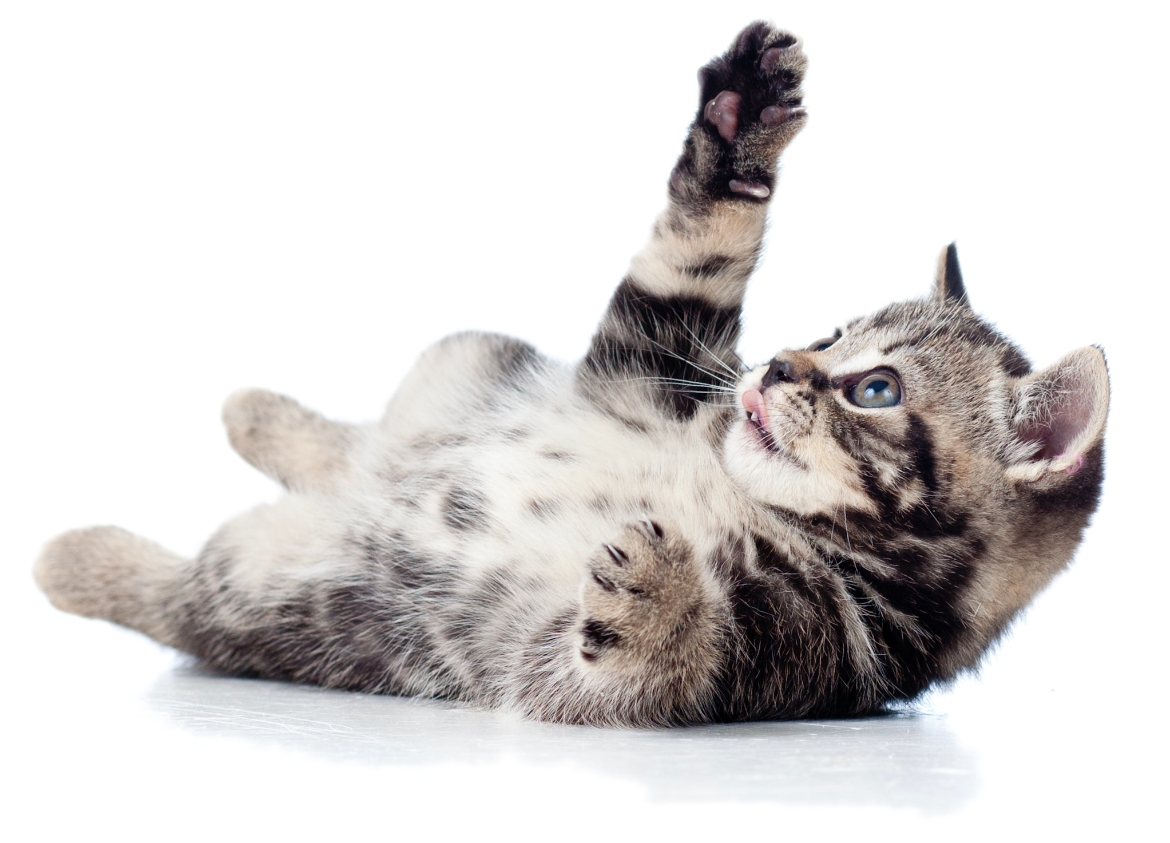
FAQ
Urinary problems are very common in cats and can be caused by a number of factors. As descendants of the desert cat, house cats have the natural tendency to drink very little and to produce highly concentrated urine. This high concentration in urine leads to an accumulation of a variety of minerals. If, in addition, the pH level of the urine is inadequate, these minerals can lead to the formation of crystals or small stones, called struvite or calcium oxalates, which can in turn lead to pain or discomfort for the cat. In some cases, complete urinary blockage can occur.

CATWATER – Urinary Formula is especially conceived to help prevent urinary problems in cats. Its formulation is based on a preventative approach, as recommended by research in veterinary medicine, which relies on 3 pillars of intervention:
1. Making your cat drink more water is essential to their urinary health
- CATWATER is a natural spring water and therefore is chlorine-free. It is ozonated and has a mild level of acidity which encourages your cat to drink more.
2. Adapting your cat’s eating and drinking habits to generate an ideal urinary pH level between 6.2 and 6.4
- CATWATER is perfectly balanced with a pH level between 6.2 and 6.4 to meet the specific need of cats
3. Reducing the amount of minerals accumulating in the bladder to a minimum
- CATWATER is free of the minerals responsible for causing crystals and stones in the bladder
CATWATER-Urinary Formula is suitable for all cats, even those with no history of urinary troubles, as a preventative measure.
Cats are extremely sensitive to tastes and smells, and particularly to acidic tastes because of the large amount of acidity receptors on their taste buds in their mouths in general. Because CATWATER-Urinary Formula is acidic in nature, with a pH between 6.2 and 6.4, cats will especially enjoy drinking this water. As a plus, thanks to the ozonisation process, which eliminates bad odours and smells in water, cats will find the water’s taste more appealing.
VETWATER achieves the perfectly balanced pH in CATWATER-Urinary Formula, specifically formulated to suit the needs of cats, using a unique process and technology.
The pH level refers to the degree of acidity or alkalinity and can be measured using a pH scale. This scale ranges from 0 to 14, with 7 marking neutrality. As such, anything below 7 on the pH scale is considered acidic while anything over the 7 mark is deemed alkaline (or basic). Ideally, cat urine must have a pH level ranging between 6.2 and 6.4. CATWATER – Urinary Formula was especially created to offer the perfect pH environment to fulfill specific cat needs by offering a lightly acidic water with a pH between 6.2 and 6.4.
In comparison, the water we drink everyday normally has a pH ranging between 7.2 and 7.8, which is too alkaline for cat needs. On the other hand, distilled water from the supermarket has an average pH of 5.4 which is too acidic for cats. Remember that a pH level that is too high or too low in a cat’s urine can potentially lead to the formation of crystals and/or stones called struvite or calcium oxalate which can in turn be very painful for the animal.
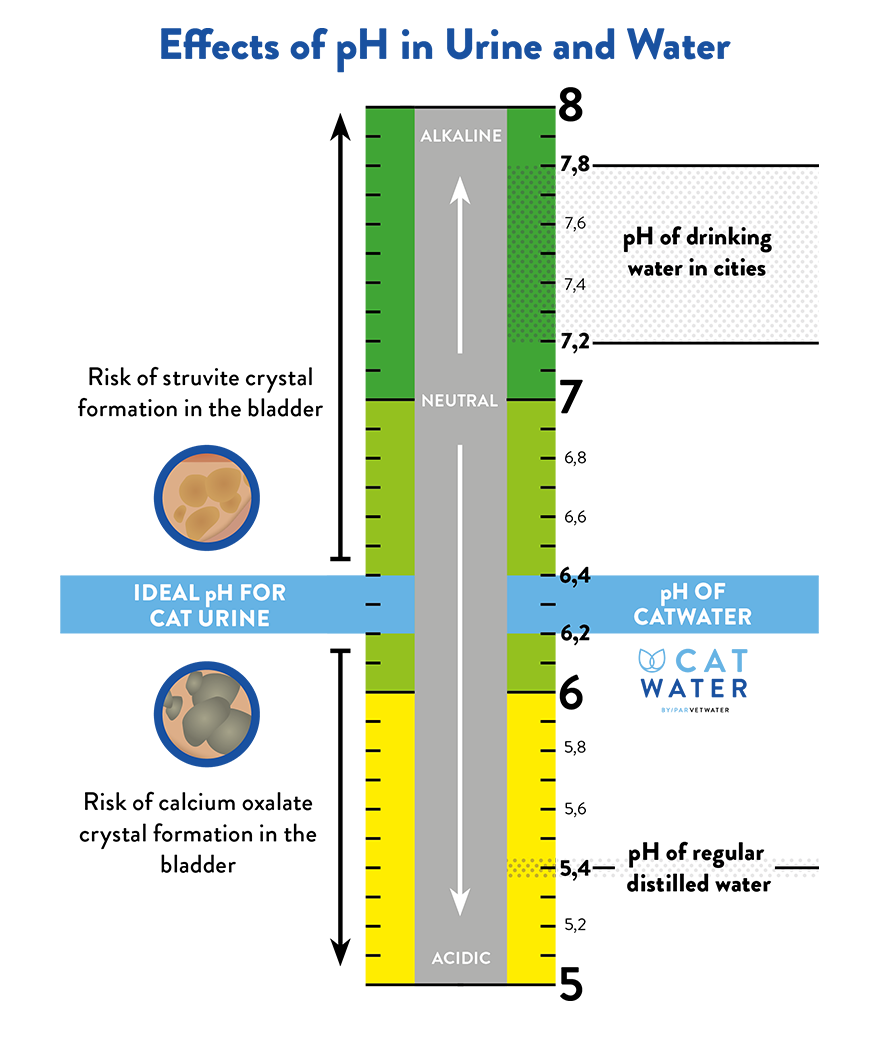
Please refer to the graphs presented below:

The water used in CATWATER – Urinary Formula is drawn from a deep underground spring located in the Appalachian mountain chain, in Quebec.
The pH level in distilled and in demineralized waters is inferior to 6, whereas CATWATER guarantees the perfect pH balance for cats, between 6.2 and 6.4. In addition, the water used in demineralized and distilled waters usually comes from city treatment plants and contain all the chemicals used in these plants, such as chlorine. The method usually used in demineralization is reverse osmosis, a type of filtration, which exposes the water to bacterial contamination. What is more, the filtration process does not fully demineralize the water – there are always some minerals left. CATWATER – Urinary Formula is a distilled natural spring water, which means that it contains no minerals. With its perfectly balanced pH, between 6.2 and 6.4, CATWATER – Urinary Formula offers the best conditions to help prevent urinary problems in cats.
CATWATER is specifically intended for cats and aims to help reduce the risk of urinary tract problems. These much too frequent urinary problems are generally caused by the precipitation of minerals in the cat’s urine. These precipitates can lead to the formation of crystals or even small stones (calculi) which in certain cases can lead to urinary obstruction. The demineralization process removes the minerals responsible for causing these stones and crystals.
Absolutely not! Cats get the minerals they require through their diet. The minerals found in their food are said to be “organic” or bonded (chelated) with the amino-acids found in proteins which allows for maximal absorption and distribution in the cat’s system. Conversely, the minerals found in water are said to be “non-organic” and are less easily absorbed and therefore end up being excreted in the animal’s urine or excrements.
The daily recommended water intake for cats is 50 ml per kg of body weight. The 4L format of CATWATER – Urinary Formula would then last about 30 days for a 3kg cat. This average can vary according to the type of food consumed by the cat and whether it is dry or wet.
Because of their desert origin, cats are not big drinkers by nature, but water does remain essential to their good health. Here are a few recommendations to encourage them to drink more water: 1) Never place a cat’s water bowl near its food bowl or its litter box. Cats are extremely sensitive to odours, tastes, and water temperature. 2) Place a few bowls of water in various locations, this encourages your cat’s natural hunting instincts. 3) Purchasing a water fountain is also an excellent way to keep you cat’s water fresh. As a plus, fountains tend to entertain cats. 4) Last but not least, thanks to its mild acidity level and the ozonisation process it goes though, CATWATER – Urinary Formula offers a more appealing taste to cats, which encourages them to consume more water.
During the bottling process, ozone is added to CATWER – Urinary Formula as a natural disinfectant which impedes the growth and development of potentially infectious organisms. This technique replaces the need for chlorine. As a bonus, ozone efficiently neutralizes odours and foul tastes seeing as it decomposes in the form of oxygen, which improves the taste and quality of the water.
No, using a water fountain will not alter the water’s pH. However, the use of activated charcoal filters or dental tabs can cause a small variation in the pH level, but it is insignificant.
CATWATER – Urinary Formula helps prevent urinary issues in your cat. It is an excellent complement to foods that are adapted to urinary needs. Together they offer your pet the best conditions for optimal health. However, CATWATER – Urinary Formula should not replace these specialized foods nor should it replace advice or medication prescribed by your veterinarian.
CATWATER – Urinary Formula has a 2 year shelf life. Every bottle has and expiration date printed on its label.
There is no danger in any of these cases.
The bottles used for CATWATER – Urinary Formula are eco-friendly. The bottle, handle and cap are made of PET plastic and are 100% recyclable. PET plastic does not lose any of its fundamental properties upon being recycled and it satisfies even the most strict hygiene regulations and requirements in the food, cosmetic and medical industries.

